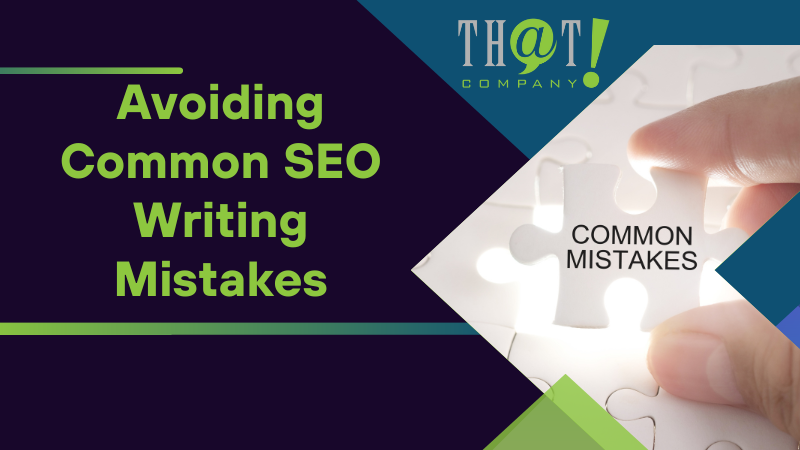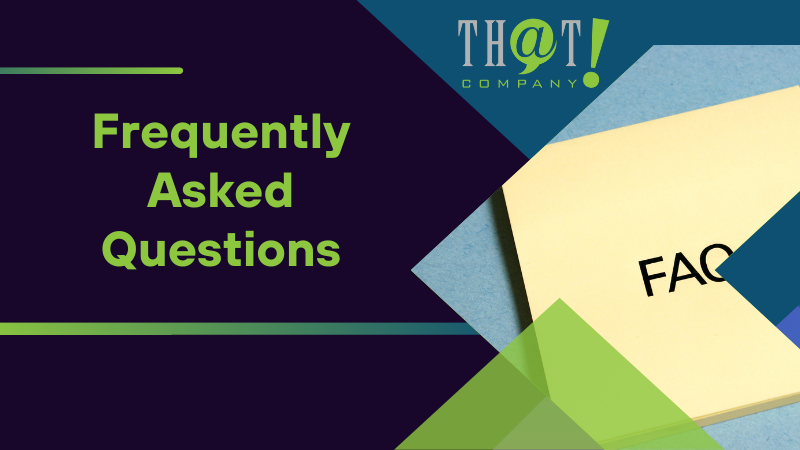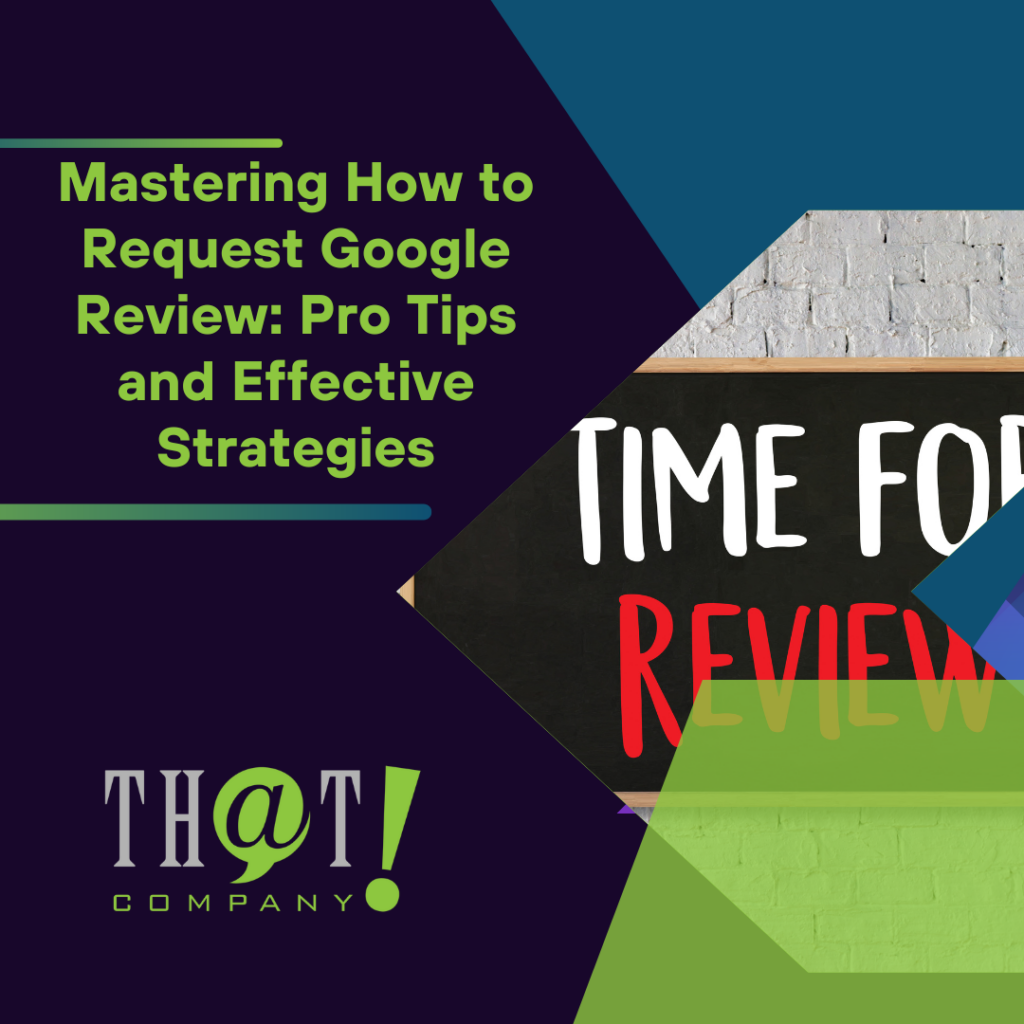
SEO writing is a powerful tool that can propel your content to the top of search engine rankings, driving traffic and conversions. But what exactly is SEO writing, and how can you master the art of crafting search engine optimized content? In this blog post, we’ll explore the ins and outs of “what is SEO writing”, from understanding the role of keywords to avoiding common mistakes and harnessing advanced techniques. Get ready to unlock the full potential of your content and reach new heights in the digital world.

Key Takeaways
SEO Writing requires optimizing content for both search engine algorithms and human readers, as well as researching keywords to create high-quality content.
Essential components of effective SEO writing include optimizing headers, crafting meta descriptions, and using alt text for images.
Tips for mastering SEO writing involve staying informed on developments in the field and measuring/analyzing results to refine techniques.

Understanding SEO Writing
SEO writing involves:
Optimizing content for search engine algorithms and human readers
Researching keywords and crafting content accordingly
Creating high-quality content that meets the needs of your target audience
Helping your site reach the first page of search engine results like Google by writing content effectively
Enhancing your website’s visibility and boosting your overall marketing strategy is achievable through:
Addressing buyer personas
Tailoring to their motivations, challenges, and interests
Selecting relevant keywords
Crafting unique content
The Role of Keywords
Keywords are the building blocks of SEO writing, as they help search engines understand your content and rank it accordingly. Proper keyword research and selection are crucial for success, as they help you target the right audience and align your content with their search queries.
Focusing on the main keyword and related phrases grants you the opportunity to create content that not only stands out from the competition but also evolves with changing search trends. Remember, understanding your target audience and their search behavior is key to building a solid SEO foundation.
Balancing Human and Search Engine Needs
Effective SEO writing should cater to both human readers and search engines. To achieve this balance, focus on readability, engagement, and proper use of keywords. Create content that is easy to read, engaging, and addresses the questions and concerns of your audience.
At the same time, ensure that your content is structured and optimized for search engines by using headings, subheadings, and related keywords. When the needs of both humans and search engine crawlers are tended to, the outcome is content that resonates with the audience and performs well in search results, which is particularly beneficial for those offering White Label Services in the digital marketing industry.

Essential Components of Effective SEO Writing
Key elements of SEO writing include optimizing headers and subheaders, crafting meta descriptions, and utilizing alt text for images. Each of these components plays a crucial role in helping search engines understand your content and improving your site’s visibility in search results.
Mastering these essential elements enables you to create content that not only stands out from the competition but also captures the attention of your target audience.
Optimizing Headers and Subheaders
Headers and subheaders play an important role in organizing your content and helping search engines understand the structure of your page. The use of relevant keywords in headers and subheaders sends signals to search engines about your content, thereby improving your chances of ranking higher in search results.
Moreover, well-structured headers and subheaders make your content easier to read and navigate, which contributes to a better user experience.
Crafting Meta Descriptions
Meta descriptions are concise summaries of your content that appear on search engine results pages (SERPs). A well-crafted meta description can improve your click-through rate and exposure on SERPs. To create an effective meta description, keep it within the 160-character limit, include your main keyword, and provide a concise, informative summary of your content.
Constructing meta descriptions to be both informative and enticing encourages users to click on your link and explore your website.
Utilizing Alt Text for Images
Alt text is a textual description of an image, which helps search engines and visually impaired users understand the content of the image. Including descriptive alt text with your main keyword allows search engines to better index your images and can boost your site’s overall SEO performance.
In addition, providing descriptive alt text improves the accessibility of your site for all users, ensuring that everyone can fully experience your content.

Avoiding Common SEO Writing Mistakes
To ensure optimal SEO performance, it’s essential to avoid common mistakes that can negatively impact your search engine rankings. Two of the most common mistakes are keyword stuffing and poor linking practices.
Understanding the potential pitfalls of these practices and learning how to avoid them aids in creating content that ranks well and provides value to your audience.
Keyword Stuffing
Keyword stuffing is the practice of overusing keywords in an attempt to manipulate search engine rankings. This outdated technique can lead to penalties from search engines, as it creates a poor user experience and reduces the overall quality of your content.
Instead of stuffing your content with keywords, focus on natural keyword usage and providing valuable information for your readers. Remember, search engines prioritize content that is informative, engaging, and relevant to the user’s search query.
Poor Linking Practices
“Proper internal and external linking practices, especially in the context of white label SEO services, can significantly improve your SEO performance. However, linking to spammy or low-quality websites can have a negative impact on your rankings. To avoid poor linking practices, ensure that you link only to reputable websites and include a mix of internal and external links in your content.
By building a strong link profile, you can demonstrate to search engines that your content is connected to other relevant, high-quality sources and boost your site’s overall authority.

Enhancing Your Content with Advanced SEO Techniques
Advanced SEO techniques can take your content from good to great, helping you stand out from the competition and achieve even better search engine rankings. Some of these advanced techniques include optimizing for featured snippets, creating scannable long-form content, and implementing a link-building strategy, especially when offering white label digital solutions.
Incorporating these techniques into your SEO writing further enhances the effectiveness of your content and helps you reach new heights in your online presence.
Featured Snippets Optimization
Featured snippets are brief excerpts of your content that appear at the top of Google’s search results, providing a quick answer to a user’s search query. To optimize your content for featured snippets, ensure that you answer search queries concisely and use actionable language.
Providing clear, easy-to-digest answers increases the likelihood of your content being featured in a snippet, leading to higher click-through rates and improved visibility in search results.
Creating Scannable, Long-Form Content
Long-form content is generally preferred by search engines and can lead to better rankings. However, it’s important to ensure that your long-form content is also scannable and easy to read.
Break down your content into smaller sections using headings and subheadings, and use bullet points and numbered lists where appropriate. Creating scannable, long-form content provides your readers with valuable information and caters to search engine preferences.
Implementing a Link-Building Strategy
A solid link-building strategy can significantly improve your search engine rankings by demonstrating your website’s authority and relevance. Focus on creating high-quality content that others will want to link to, and build relationships with reputable websites in your niche.
Fostering connections with other websites and collaborating on content increases your site’s visibility and improves its overall SEO performance.

The Role of an SEO Copywriter
SEO copywriters on our White Label SEO Team specialize in:
Creating content that is optimized for both search engines and conversion
Possessing a deep understanding of search trends, keyword research, and target audiences
Crafting content that resonates with readers while also performing well in search results
With a focus on persuasive language and a keen eye for detail, SEO copywriters play a crucial role in the success of any digital marketing strategy.
Essential Skills for SEO Copywriters
Key skills for successful SEO copywriters include:
Creativity
Strong understanding of search trends
Ability to stay up-to-date with algorithm changes
Excellent writing skills
Understanding of buyer psychology
Knack for creating engaging and informative content.
Honing these skills enables you to become a sought-after SEO copywriter, contributing significantly to the growth and success of your clients’ businesses.

SEO Writing Examples and Best Practices
Examples of effective SEO writing can be found all around us, from blog posts and articles that rank highly in search results to successful websites that consistently attract new visitors. Key elements of effective SEO writing include compelling titles, prioritizing readability, and maintaining an appropriate tone.
Learning from these examples and following best practices enable the creation of exceptional SEO content that resonates with readers and drives results.
Creating Compelling Titles
A captivating title is essential for drawing in readers and improving click-through rates on search engine results pages. To create a compelling title, be concise, include relevant keywords, and craft a headline that piques the interest of your target audience.
For example, instead of a generic title like “SEO Writing Tips,” try something more engaging like “10 proven strategies for mastering SEO writing.” Crafting attention-grabbing titles increases your content’s visibility and entices readers to explore your site.
Prioritizing Readability and Tone
Readability and tone are essential for creating content that engages your readers and encourages them to stay on your site. Focus on using clear, concise language and maintaining a tone that resonates with your target audience.
Break up large blocks of text with headings, subheadings, and bullet points to make your content more scannable and easier to digest. Prioritizing readability and tone enables the creation of content that not only ranks well in search engine results but also provides genuine value to your audience.

Tips for Learning and Mastering SEO Writing
To truly master SEO writing, it’s important to stay current with industry developments and continually refine your techniques. This includes measuring and analyzing the results of your content, learning from your successes and failures, and adapting your strategy accordingly.
Staying informed and committed to continuous improvement aids in becoming an SEO writing expert, helping your clients achieve their digital marketing goals.
Staying Current with SEO Developments
Keeping up-to-date with SEO trends and algorithm changes is essential to ensure that your content remains relevant and effective. Subscribe to industry newsletters, follow SEO experts on social media, and read industry blogs and publications to stay informed about the latest developments.
Additionally, use tools like Google Search Console to monitor changes in your website’s performance and make adjustments as needed. Staying current with SEO developments allows for adaptation of your strategy and the continued creation of content that performs well in search results.
Measuring and Analyzing Results
To refine your SEO writing techniques and improve your content’s performance, it’s important to track and measure your results. Monitor key metrics such as organic traffic, keyword rankings, and conversion rates to identify areas for improvement and adjust your strategy accordingly.
Analyzing results and making data-driven decisions lead to a continual refinement of your SEO writing skills, enabling the creation of content that drives measurable results for your clients.

Summary
In conclusion, mastering SEO writing is essential for any digital marketing professional looking to drive results and grow their online presence. By understanding the role of keywords, balancing human and search engine needs, and incorporating advanced techniques, you can create high-quality content that ranks well in search results and resonates with your target audience. Stay current with SEO developments, measure and analyze your results, and continuously refine your strategy to become an SEO writing expert and help your clients achieve their goals.

Frequently Asked Questions
What does SEO mean in writing?
SEO stands for Search Engine Optimization and is the practice of optimizing a website for improved visibility when people search online. This is done to ensure better positioning on search engines such as Google and Bing.
How do you write SEO in writing?
Writing for SEO involves researching keywords, targeting 1-2 for each page/blog post, and including them in headings, meta descriptions, images, links, and the title tag.
Furthermore, write for humans instead of search engines and incorporate long, varied content types with unique sentences and related words to increase discoverability.
What do SEO writers make?
SEO Writer salaries in the US range from $29,230 to $109,760 per year, with an average hourly wage of $36.63.
The middle 60% make a median salary of $56,010, and the top 80% make up to $109,760.
Is SEO writing a skill?
Yes, SEO writing is a skill that can be learned and developed through practice and understanding of basic SEO principles.
It is also an in-demand skill that many writers have added to their repertoire in order to create content that ranks on search engines like Google and Bing.
How can I avoid keyword stuffing in my content?
To avoid keyword stuffing, use keywords naturally throughout your content, provide value to the reader, and maintain a professional tone.
Avoid writing an introduction or summary and focus on providing a clear conclusion in the first sentence.

























